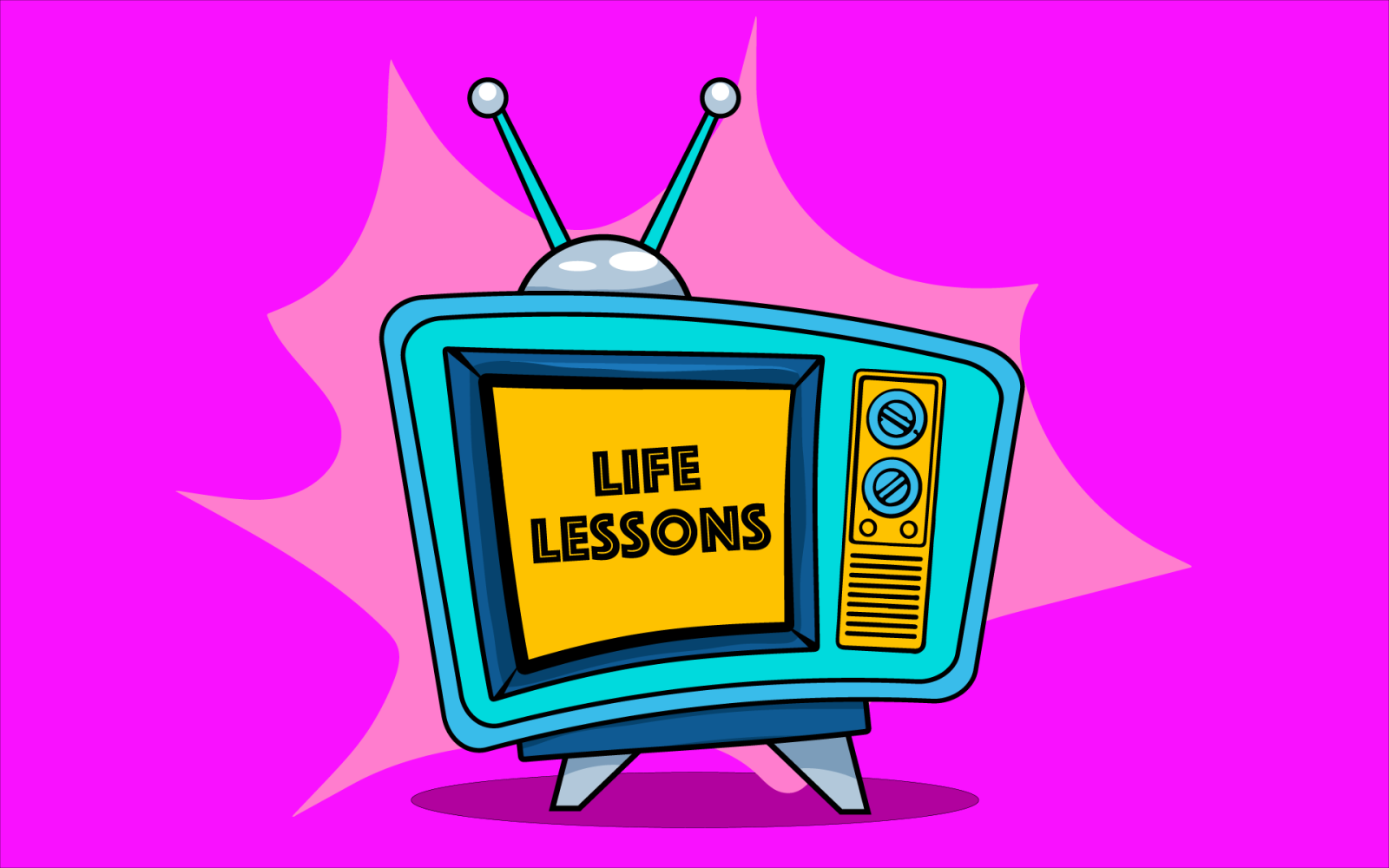First the shock. Then the plan. Then reality.

When life gets in the way of your plans, you have to adjust.
Megan and Greg Scott’s son, Guy, was two-and-a-half when they decided to have another child. Much more quickly than they had anticipated, Megan was pregnant. They were happy. This was what they wanted. They were ready. Soon it was time for their first scan, at six or seven weeks. Megan remembers that day like yesterday.
“The gynaecologist was doing a scan and sort of chatting away, (and then) he became quite serious and started really focusing. My immediate thought was, is something wrong? And then he got a big grin on his face, and he looked at us and he said, ‘Do you know there’s more than one baby here?’ I said to him, ‘Are you are you joking?’ And Greg, who’s normally very chatty and very loud, was tjoepstil (dead quiet). We drove home in silence. I remember looking across the car and saying to him, ‘Was he serious? Did you hear the same thing I heard? Did he say twins?’ It was a huge shock. At the ten-week scan, I remember saying to the gynaecologist, ‘Are there still two babies?’”
For Wendy Selebi, the shock came in two instalments. First, her aunt made a speech at Wendy’s 50th birthday party. Part of it was a direct challenge to her niece: did she realise that she only had ten years till retirement? Was she ready? The answer was, not really! She had not focused on it since setting the date on the day she started working, 27 years earlier. Once that realisation had sunk in, Wendy requested a projection of her future situation from her pension fund. To her horror, she received a “red letter”: she would not be able to retain her lifestyle after retirement. “The thought just sent me into a spiral. For a few weeks I was really miserable.”
Pulling the proverbial blanket over her head and just being miserable for more than “a few weeks” is not in Wendy’s make-up, though. Soon she had herself in hand: “I didn’t give myself any room for failure. I told myself, we’re doing this, girl.” She sat down with a financial planner, who drew up a plan to make up the difference between what she had in savings and what she should ideally have at retirement. It was a big gap, but she took a hard look at her budget and trimmed away all luxuries. Every cent she could find had to go into her savings. “People will always say knowledge is power,” says Wendy. “I argue and say knowledge is not power. Only applied knowledge is power.”
In her case, her plan worked. Preparation and planning can work magic in making big life shifts. Wendy stuck to her plan, because the alternative – being old and poor – was just too scary. She also made plans about how she would continue to use her knowledge and her energy, studying so that she could teach at Bible school and starting a podcast on financial management when she left her full-time job. For many people, retirement feels like falling off a cliff. Wendy built a bridge to carry her to solid ground on the other side.
Babies are not as predictable and manageable as money and personal development. Megan and Greg let the months go by, excited about having twins, but not really focusing on the practicalities. Then the penny dropped. “At around seven, eight months, it really dawned on us that we were having twins. Twin prams and a bigger space and two cots … all of a sudden there was just this big realisation – oh my goodness, it’s not just one baby. And Greg went straight into planning mode with Excel sheets and long discussions about how we were going to manage.”
They moved to a bigger home, set up the baby room, and started preparing seriously. And then the babies arrived five weeks early. “We had thought, oh, we will plan for getting additional help. We’ll plan about, you know, organising the cots and all of that. And then, all of a sudden, they came, and we felt sort of semi-prepared. And there was this mad rush to get additional things in place.”
No plan survives contact with the enemy, said the Chinese general and philosopher Sun Tzu. The Scotts had to adapt to every new reality. At first, the twins were in the neonatal intensive care unit. One came home before the other, so Megan still had to go to the hospital every day. Once the twins were home, they realised they could not handle three little ones by themselves and stay healthy or sane. They engaged a night nurse. Then they realised that they needed someone during the day as well. Their long-standing nanny agreed to come and live with them, bringing her teenage daughter with her. Change followed change as their lives shifted to accommodate a new reality.
Steve Milton’s heart attack at the age of 41 brought an abrupt end to a high-pressure corporate career. He took a year to formulate a plan for a different kind of financial planning company. He found the right partners and started small, first in his garage and then using a room in his home. The next phase was moving into inexpensive offices owned by a friend in the same field. But the business did not take off in the way outlined in their plan. They struggled. At the lowest point, cash flow was so tight that they were desperate. They suggested a merger with a peer in the industry, asking only for a nominal salary. “Luckily he refused!” says Steve, looking back now. But at that point, “We just couldn’t see how it would grow.”
Fifteen years later, Steve’s company has five partners and two associates, and they are doing exceptionally well. The journey to get there was everything but smooth and predictable, however. “Don’t underestimate how long we have had to wait before some sort of market-related pay-off,” he says.
Megan says that one of her biggest lessons has been to “lean into the chaos.” What does that mean? “Maybe other mums can relate … It goes from moments of absolute pure bliss when you just feel so incredibly lucky to have these little people in your life, to moments where you think, oh my goodness. I’m not going to cope. I actually just want to book a holiday to a tropical island and switch off my phone and no-one can contact me. I just want to run away. This is just too hectic. But if you constantly have that mindset of, ‘I can’t do this, this is so hectic, nothing is going to plan,’ I think you’ll go mad. You just have to accept it is what it is. You go with the flow.”
Another especially important lesson for her was to learn to prioritise. “You’ve got this meeting, you’ve got this errand, but you also have half an hour to spend with your children. You have to think, is this meeting really urgent? Does it have to be done right now, or can it be done tomorrow? And then just leaning into those 30 minutes with your children (makes everything doable.)”
Megan sometimes feels she just wants to run away. Steve came to a point where he was willing to merge his company in exchange for a nominal salary. Is there a recipe for dealing with the harsh unpredictability of change?
Megan’s answer is deceptively simple: “(The closest I can come to a recipe is) having sort of a plan but being flexible within that. The plan gives you structure and scaffolding, but you have to be flexible.”
Perhaps that is the definition of resilience, to be flexible.




